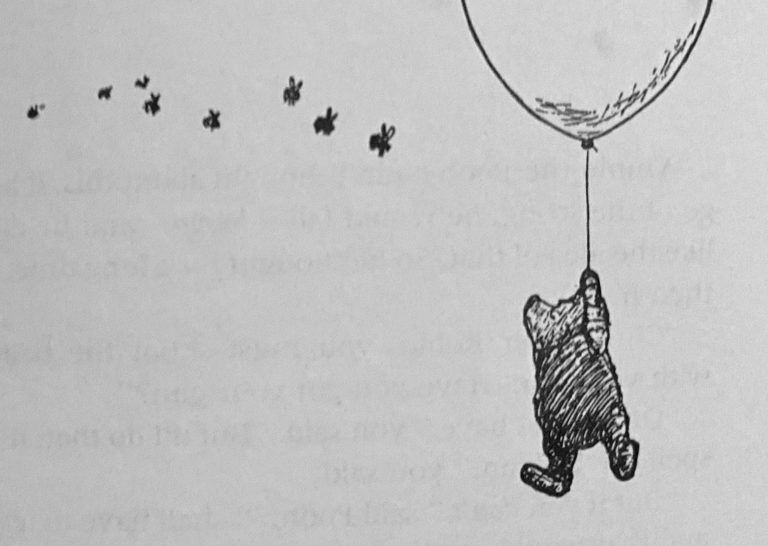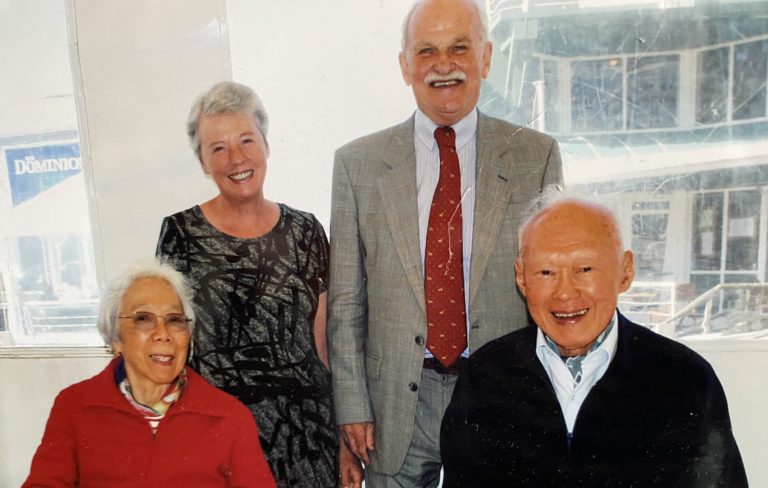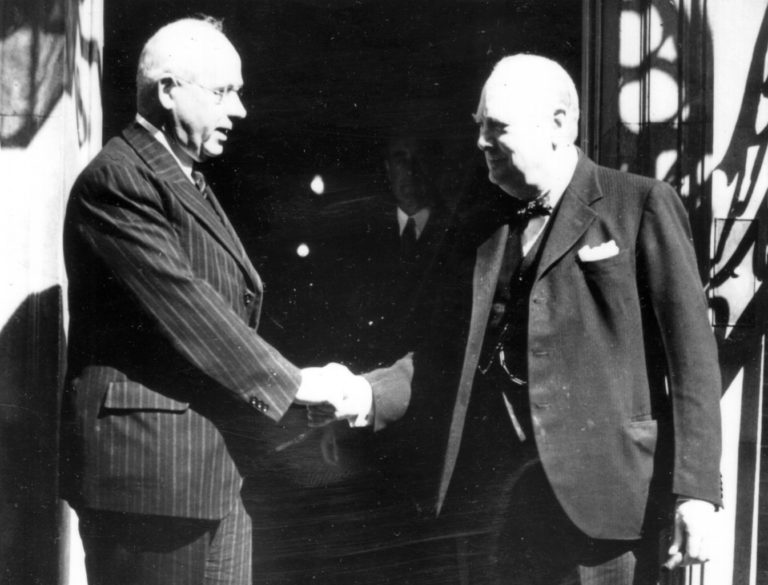Massey University Graduation Address
Receiving an honorar doctorate in May 2015, I set out some thoughts on the humanities.
Can I start by expressing my warmest thanks to the Chancellor, Vice Chancellor and the university for the great honour they have done me. To say that it is unexpected is also to confess to an inward suspicion that it is unearned.
But you, unlike me, have actually worked for your degree and deserve high praise on this triumphant day. As St Paul almost said, you have run the race and earned your crown.
Now it is my turn, to stand before you dressed like a refugee from Wolf Hall and try to convince you that in honouring me the university has not made an embarrassing mistake.
It is customary on these occasions to offer advice to those about to graduate. I will ignore this because I learnt long ago that advice is never useful until it has been tested by experience, and once you have the experience you don’t need the advice.
In any case I am not sure that age confers a special wisdom worth imparting. The poet Edmund Waller made the hopeful claim that the dilapidations of age might uncover new insights:
The soul’s dark cottage, battered and decayed, Lets in new light through chinks that time has made.
I am now his age and though time has opened many chinks in me I remain doubtful about suggesting new light to you. Any branch of learning, the study of grammar, archaeology, Chinese, or town planning enlarges the mind and lets in new light. The sciences, mathematics, law and commerce are all important pillars of learning as well as career qualifications. The humanities, though, have rather drifted away from this company and have come to seem something of a luxury. Since they are closest to my mind and broadly to your recent studies, I would like to reflect a little on why they matter more than is often acknowledged.
The humanities have sunk in reputation in recent years, their value diminished from opposite viewpoints by both social reformers and men of business. When the purpose of the university is discussed you are more likely to hear of its importance as a critic of society or as the trainer of its more useful members than of its age-old value as the deposit and transmitter of centuries of enquiry about what it is to be human.
On the one hand (and as a former public servant I always employ both hands), there is what might be called the progressive view of the university. If we are critics of the failings in our present society, we will hardly shape a better one by consulting the past which even Edward Gibbon was inclined to dismiss as merely the register of the crimes and follies of mankind. Such a past might seem to have little to teach us and many have believed that a new society can only be built by freeing ourselves from its depressing grip.
Like all half-truths, this is half true. The pace of change today threatens to disengage us from the past. Knowledge has been transformed over the last two or three decades, in the sciences, medicine, biology, psychology and many other disciplines. Some experts have proclaimed that any knowledge older than fifteen years is likely to be out of date and not worth knowing.
Perhaps, but the humanities march to a different drum. New discoveries can change a science overnight but the cultural assumptions by which people live are much slower to change. Why we think and act as we do is to a surprising extent the gift of preceding generations. That is why radical attempts to override the past and create a more satisfactory humanity tend to end in disaster and bloodshed. With all our undesirable features we continue to be stubbornly human and the bedrock of our humanity hardly changes over the centuries.
On my other hand, there is the hard-headed business view of the university which is also a little wary of the humanities. It holds that the purpose of education is to gain useful qualifications. These are intended to fit you for employment and, as even Government Ministers occasionally suggest, you should select the subjects you study with this in mind.
The point is by no means irrelevant and I devoutly hope that those of you who have not yet found a congenial job will soon do so. But again the hard-headed approach is only half right. Life goes on a long time. To fit yourself too tightly for your first job may be less useful when other opportunities come along, and it still fails to cover the many hours of your life not spent at the office. That is why Francis Bacon did not call his great work the Advancement of Educational Qualifications; he called it the Advancement of Learning.
The humanities differ from other disciplines in the long stretch of their view. If you wished to study physics you would be foolish to start a hundred years back with Faraday or Kelvin. If you wished to learn more about human nature you would be foolish not to read Middlemarch, Bleak House or War and Peace. Literature and history are not the prisoners of time. Both are able to range over the centuries to show human nature in all its complexity and at its fullest stretch, from heroic greatness to deepest infamy.
This is the opportunity offered to the writer of fiction. It is also the opportunity offered to the historian, for the historian is simply a novelist on oath. On oath because, unlike the writer of fiction, he, or she, must adhere scrupulously to the ascertainable facts and still be a novelist. Faced with a dispiriting pile of facts, he still has to use his imagination to recreate events in a way that is convincing to the reader.
That is why Isaiah Berlin describes the historian as an artist, one who arranges “the discovered facts in patterns which satisfy us because they accord with life …” Good histories like good novels do not enable us to behave better or succeed more impressively. They help us to know who we are.
The glory of studying the humanities is that their revelation of the wonder, sadness, heroism and sheer variety of life sustains us for a lifetime. You are now through the gate of knowledge. Because of the foundations you have laid here you will go on learning and being surprised about what you learn long after essays and examinations have been forgotten. It is the university which has built and preserved this framework for learning, and for that both you and I as graduates should be forever grateful.




